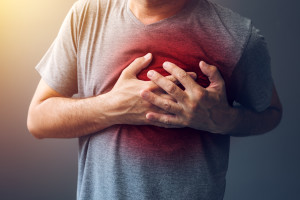
Even though the death rate from heart attack have decreased dramatically, heart disease is still the number one cause of death in our country. The medical term for heart attack is myocardial infarction (MI). Heart muscle receives oxygen and essential nutrients through small blood vessels called coronary arteries. Since young age onwards, fatty materials start depositing inside the wall of the blood vessels and forms plaque. Over time, the plaque grows the and artery gets narrowed.
Most plaques don’t cause symptoms until the heart arteries are at least 70% blocked. Classical symptoms from blocked heart artery are pressure-like pain in the middle of the chest that comes with exertion and goes away with rest. This is called angina. In rare occasions (diabetics, elderly), it could present as difficulty breathing or other symptoms. When the blockage is very severe (more than 90%), chest pain can happen at rest. When the heart muscle gets damaged or dies secondary to poor blood supply from a severe blockage, it is called heart attack.
There are two types of heart attack:
1. STEMI (major heart attack). Major heart attack (STEMI) happens when there is 100% blockage in a heart artery, causing no blood to flow to the affected area. If the heart artery is not opened within 90 minutes, that part of the heart dies. Many hospitals around the country have created a system of care to treat the person using an immediate heart stent (tiny metal mesh to keep artery open) placement at any time of the day or night.
2. NSTEMI (minor heart attack). Minor heart attack (NSTEMI) happens when there is minimal, but some blood supply to the affected area. These patients need to be admitted and treated intensely as well over the next two days.
One of the most important medicines for heart attack is aspirin. We recommend chewing four baby aspirins (325 mg) as soon as the pain starts. It is not advisable to drive to hospital with chest pain and we recommend calling 911 when someone experiences sudden severe chest pain. If nitroglycerin tablets are available, three tablets can be placed beneath the tongue five minutes apart, which may ease the pain.
When an EMS team gets to you, they will do an EKG (heart tracing) which helps us determine whether the heart attack is major or minor. If it is major heart attack, you will be taken to the nearest hospital with a heart catheterization lab (cath lab) where stenting procedure of the heart can be immediately performed. If no such hospital is available within driving distance, you can be treated with ‘clot busters’. If it is a minor heart attack, a decision will be made between managing medically and performing a heart catheterization based on risk assessment. On rare occasions, we may recommend bypass surgery to treat blocked heart arteries.



Dr. Vijaiganesh (VJ) Nagarajan
Interventional Cardiologist
OakBend Medical Group
Read about Dr. VJ here.
Disclaimer: The contents of this article, including text and images, are for informational purposes only and do not constitute a medical service. Always seek the advice of a physician or other qualified health professional for medical advice, diagnosis, and treatment.









Leave a reply